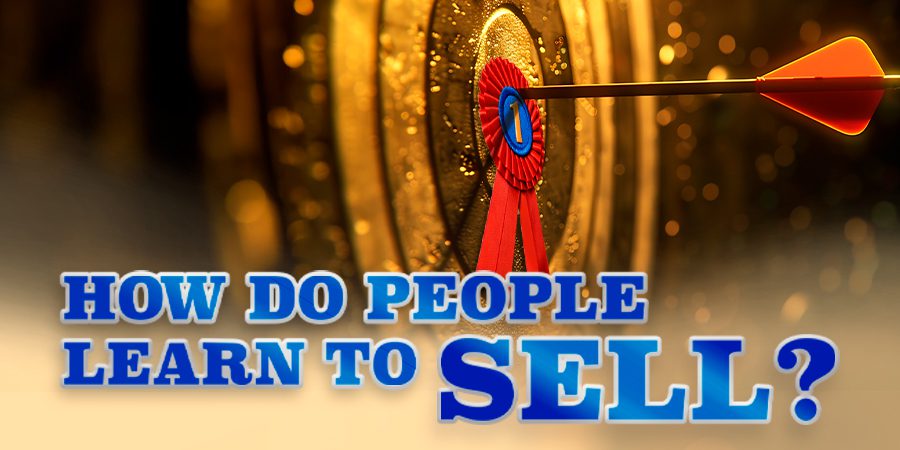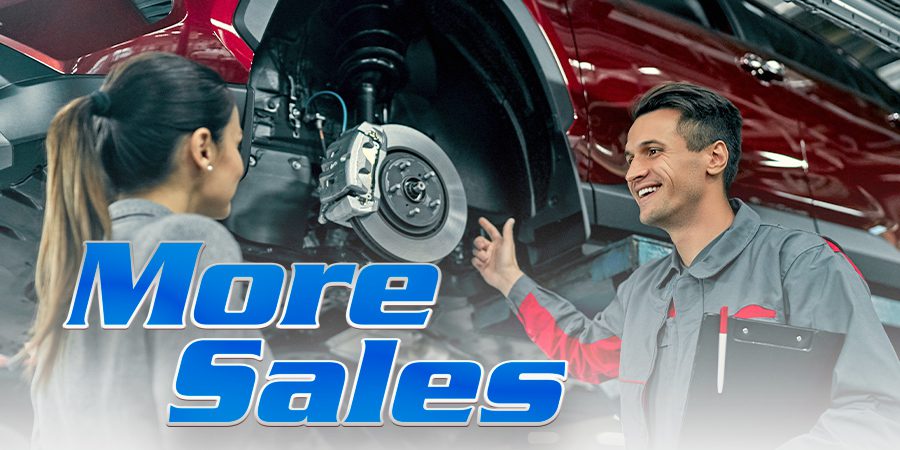When my car’s gears are slipping I go looking for a “transmission expert”, yet secretly I hope that I also find a “Professional Expert.”
And so do your other customers.
What is the difference? One is an expert on things, in this case transmissions. The other is also an expert in customer satisfaction and collaboration with other professionals. A person you can trust.
A “Professional” is one who Professes to stand for and commit to a higher set of standards. A person who does what he or she says they will do. The five standards by which you can identify a Pro are these:
- They are highly educated for what they do. They know their craft.
- Their education never ends. Lifelong learning.
- They are paid for what they do.
- They do it as a service to others. They are customer minded.
- They adhere to a set of Ethical Standards. They have integrity.
When Elena brings her car in for service she assumes that you are a transmission expert. After all, doesn’t your company name, sign and website state that clearly? Yet, what she truly wants is a Professional transmission expert. She wants to be able to trust everything you say. To know that her car is safe and will receive excellent care, and that you genuinely care about her being satisfied with the outcome of the work you do.
Professionalism is highly valued but not often talked about.
One of the great compliments a person can give you is, “You are truly a Pro!” That doesn’t come from simply being good at your trade. Tradecraft makes you a good technician, but it doesn’t make others want to work with you, learn from you or have their name associated with yours.
So, should you start going around claiming to be a Pro? No, that’s just boasting. What shows the world that you are a Pro is that you are focused on the quality of the job you do and how it affects other people. A Pro will get the job done and do “Whatever It Takes” as our W.I.T. colleagues often say. 😉
A Pro will go the extra mile, show up early, stay late, listen more carefully, ask for input, be willing to accept guidance from others, and even readily admit when they are wrong. They will correct their errors and make things right.
Professionals are found in every field, not just “the professions: education, accounting, law, engineering.” Pros are the kind of people you want as neighbors, as contractors, as teachers of your kids, as mentors and advisors, as friends, employees and coworkers.
How do we produce Professionals?
There are two sides to professionalism: your trade and your mindset.
Tradecraft leads to continual learning, improvement, feedback, experimentation, endless reflection and rethinking. It is about best practices and proven methods, as well as new exploration and discovery. It’s watching how even less experienced people are doing things, always looking for better ways. As Emerson once said, “Every person is in some way my superior. In that I can learn from them.” Mindset is about how you think. How you look at your job, your customers, coworkers, employer, and colleagues. It even includes how you think about yourself.
The Professional Mindset assumes:
- Your job is to make things better for people, for pay.
- Your customer is the reason for your work, the temporary employer you are working for, and a person to be treated with dignity and respect, especially when they know less than you and have less power or authority than you.
- Your coworkers are your success team. The people through whom you serve the customers. They are essential to your overall success, and you need their respect and cooperation. They need the same from you.
- Your employer may be the customer, the shop owner, a contractor, or any combination of these. Above all, your employer is the one who gives you the job of getting something done. Give them a raise through better performance and you’ll probably soon get a raise in your compensation.
- Your colleagues in the industry don’t directly work with you but all of you have a vested interest in how this trade is seen and practiced. When one shop allows poor performance then the reputations of all of us are affected. We must work together to maintain high standards for the industry. Every player counts and is affected by our collective reputation. That is why ATRA exists: to advance the industry and the craft for all of us.
- Your mindset toward yourself may be the most important of all of these.
If you don’t respect yourself then you won’t respect others. You may be intimidated by them or fearful of them, but you won’t truly respect them. Self-respect comes from self-discipline. When you develop the habit of getting yourself to do what needs to be done, even when you don’t yet feel like doing it, THAT is maturity!
The one person you can’t fool is yourself. You can lie to yourself, but you know you’re doing it. You can ignore your negligent behavior, but you still know that you did it. Self-awareness is always there, we know what’s up with ourselves, but sometimes we just deny or ignore it superficially.
The best way to think about yourself is honestly. Notice what you’re good at, what you enjoy, what irritates you, what you tend to avoid or delay, and what you always find time for. See yourself as a regular human being, one with strengths, weaknesses, fears and brilliance. You are capable of amazing things when you don’t let self-criticism or self-doubt get in the way. Everyone is capable of being really good at some things. Find out what yours are.
For the things you don’t enjoy or don’t do easily, stop judging and just solve the problem! Find resources, helpers, tools, problem solvers, or associates who can cover that gap for you. Specialize in what you are suited for and be a true professional every day with every customer and every job.
Jim Cathcart, CSP, CPAE is a longtime friend of ATRA and contributor to GEARS magazine. He is a Mentor to Expert Based Businesses, a Business Advisor who helps people become a Certified Professional Expert, CPE™. Contact Jim at info@cathcart.com or www.jimcathcart.com.















